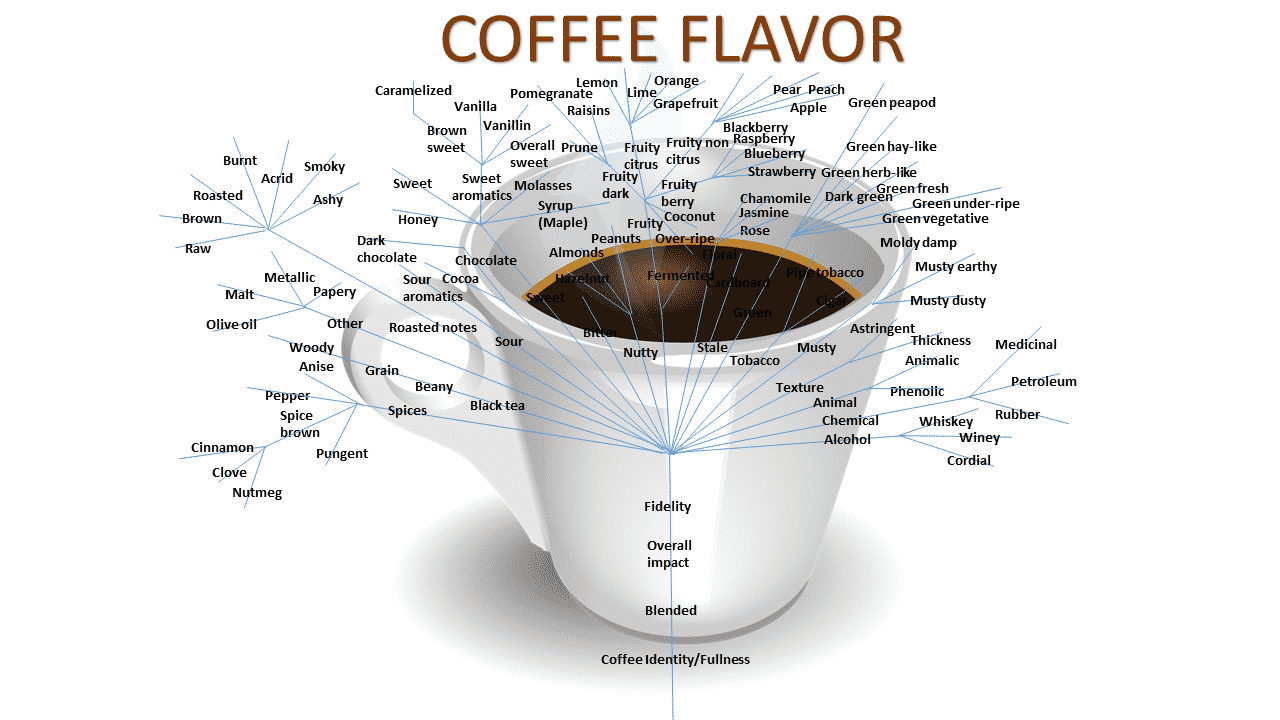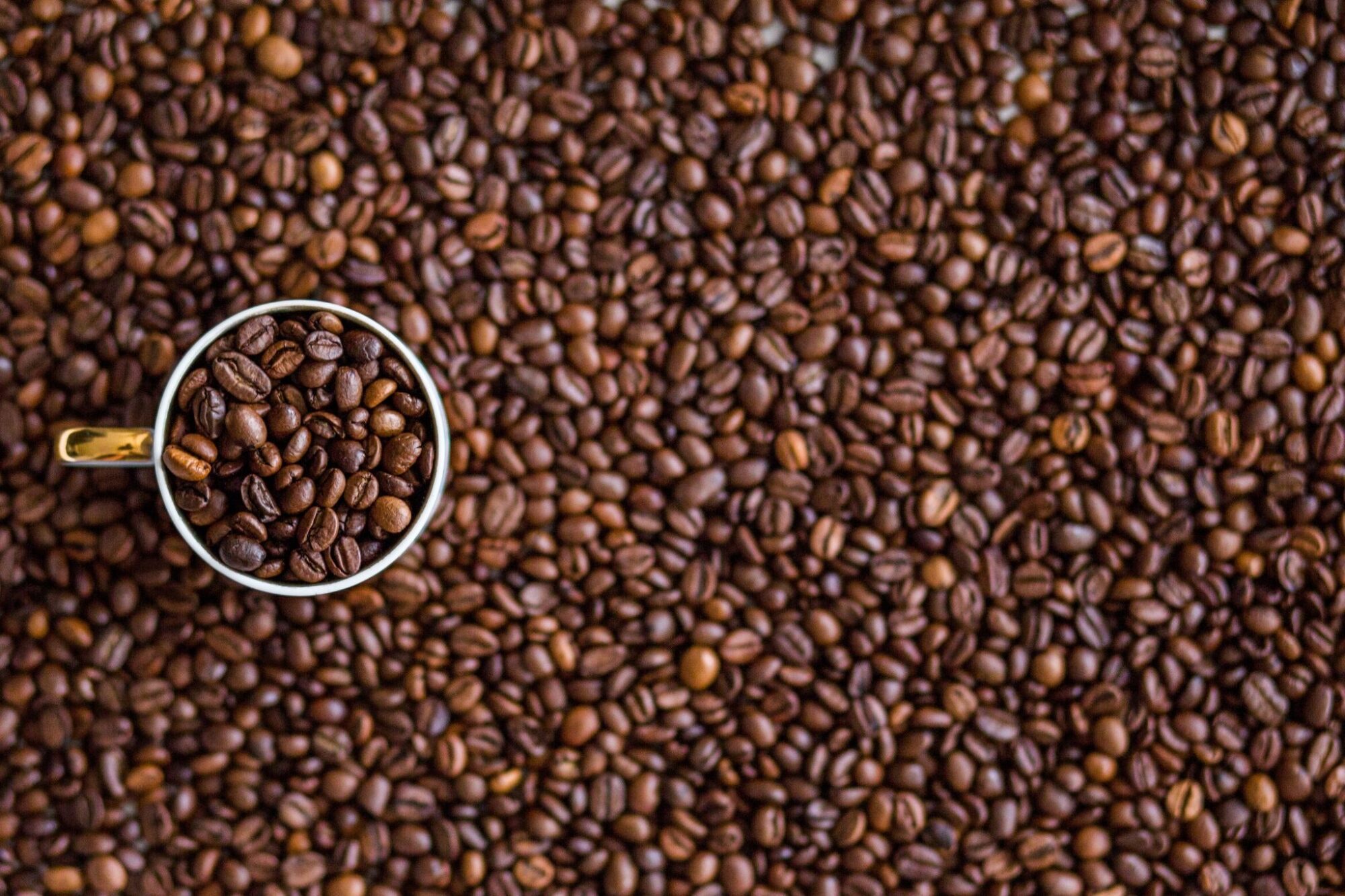Now and then a new company with some out-of-the-box business idea emerges in the market. These companies, if they can turn their idea into reality, end up having an immense impact on the world all around us. In this article, we talk about one such company – The Israeli-Columbian startup, Demetria. It is making a coffee-tasting AI. Can this technology make the already good brew even better and help solve many problems of the coffee producers?
Demetria – the team behind the Idea
Demetria is a startup based in Israel and Colombia, cofounded by Felipe Ayerbe, a former investment banker and consultant. His grandfather was a coffee farmer who brought his harvest to market by mule.
The co-founders include Eduardo Shoval, an Argentine-Israeli serial high-tech entrepreneur and angel investor; Salomon Kassin, a commodity trading expert and pioneer of Colombia’s specialty coffee industry; and serial high tech entrepreneur Yori Nelken, a pioneer in natural language processing. Demetria raised a $3m seed funding round in March
What problem is the coffee-tasting AI solving?
The coffee beans roasted to perfection after multiple processing. From pulping to milling to fermenting and then drying. But it’s only at the end stage that we know whether the roast is up to mark or not.
The final stage of grading is “cupping”. This is where the coffee merchant and the farmer gets to know if their coffee bean has the required taste profile or not.
Since this is a make-or-break situation, it becomes more important for the farmer as well as merchant to know how the coffee bean’s taste is developing.
However, with time, the customer’s taste is also becoming very particular.
Carcafe is the Colombian coffee division of Volcafe/ED&F Man is one of the world’s oldest and largest agricultural commodity traders.
Sebastian Pinzon, general manager at Carcafe says, “The coffee industry is starting to be very specific about what they want to be in the flavors. Coffee sells as a commodity. But, for coffee connoisseurs, it is becoming anything but. It is like wine in a variety of flavors.”
Since a single consignment of coffee comes from 10 to 20 different growers, the consistency of quality and flavor becomes tricky to manage. Hence a big exporter like Carcafe has a hard time checking the quality and profile of the beans. To achieve that, Carcafe uses a team of 23 cuppers whose job is to taste coffee all day. This is expensive and analog.
Cupping is so expensive and exclusive that in general in the coffee industry you just don’t cup enough. It is one of the biggest bottlenecks to getting quality coffee.
Felipe Ayerbe, founder and CEO of agritech company Demetria
What’s the big idea?
To break through the bottleneck, Ayerbe had an idea to use AI to sample coffee when it’s still green. To achieve this, a set of sensors and machine learning algorithms would be created.
This technology is already being used in brewing beer to taste the yeast and to even create new whisky blends. This could potentially shake up the $450 billion coffee industry that still largely relies on old production methods.
“We want to empower the vast majority of growers who haven’t tasted their own coffee to know more about what they are selling. They can understand the quality of what they have grown and find the best buyers for it,” says Ayerbe.

How does AI “taste” coffee?
To analyze the chemical composition of the green coffee bean, portable near-infrared sensors are used. This technology has just become cheap and small. Hence, it can be considered to be used on a big scale. But, teaching the Machine Learning algorithm the map that chemical ‘fingerprint’ to a certain kind of taste after the coffee bean is roasted and brewed is the tricky part.
The team of Demetria collaborated with professional cuppers to calibrate the system, after going through thousands of coffee samples. For example, systems have to be taught to recognize the difference between a molasses sweetness and a chocolate or caramel sweetness in coffee.
Ayerbe says, “The model is still learning. One of the most difficult things is that cuppers have a lot of nuances in their tasting and there will always be a range of coffees that will fit into the taste profile that they are looking for.” It took four months of trying to just create a database of sample profiles.
How far along is the coffee-tasting AI technology?
The project is still in the early stage. Currently, it can be used for the quality control process. Its basic function is to detect a defective batch of coffee.
The next stage is to train the staff on how to use this technology. Despite the initial skepticism, cuppers have now started to turn to the app to adjudicate when they had disagreements among themselves.
What are the risks?
Since the technology is still in the beta stage, it is still not clear how useful it will be for Carcafe. If the technology works as expected, an ROI can be seen within a year or two. But, no completion timeline was decided upon when this project was started.
Pinzón says, “No one had done this before, so we really didn’t know how it would go. But it wasn’t prohibitively expensive to do this. It is affordable enough to be worth taking the risk.”
Conclusion
To answer the question that whether this technology will be able to better the already established procedures of coffee making – it is very clear that AI can never replace cuppers who will always remain the elite quality controllers of the system. However, this technology will help take the quality control further to the farms and regional hubs where previously the quality check was not possible.
